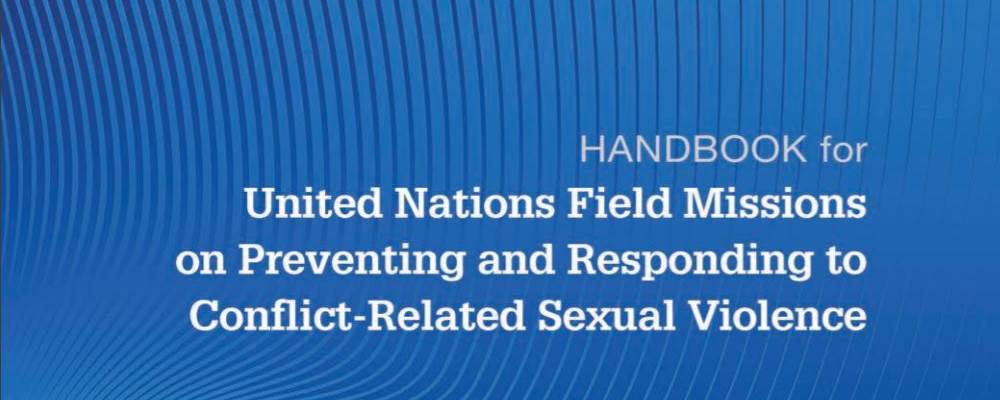Opening remarks by: Ambassador Tine Mørch Smith, Permanent Representative of the Permanent Mission of Norway to the UN in Geneva.
Dear Excellencies, colleagues and friends,
Thank you for the invitation to participate in this event, focusing on a topic that is not so often talked about.
A little more than one year ago, Norway hosted the international conference “Ending Sexual and Gender-based Violence in Humanitarian Crises” in Oslo. Through the conference and several other recent events and processes, we have been able to move the fight against sexual and gender-based violence further up the agenda – both at international level and in operational responses at country level.
In Oslo, states, international organizations and various civil society organisations pledged substantial resources, and made hundreds of other commitments relating to operational support, prevention and response services, leadership and coordination. Last week, the governments of the United Arab Emirates, Norway, and Somalia, together with the UN Office for the Coordination of Humanitarian Affairs (OCHA), the UN Population Fund (UNFPA), and the International Committee of the Red Cross (ICRC) convened nearly 1,000 delegates to assess and expand commitments to end sexual and gender-based violence (SGBV) in humanitarian settings. Commitments to scaling up prevention and response remain strong, taking a survivor-centred approach. But more still needs to be done.
Many of today’s humanitarian crises are related to armed conflict. The physical terror suffered from conflict-related sexual violence does not discriminate between male and female victims. Although women and girls are disproportionately affected, men and boys are at risk too, including in places of detention.
From some of the few studies and investigations that exist, we know that conflict-related sexual violence against men and boys is regular and unexceptional, pervasive and widespread. Yet it is also severely underreported. The attention given to sexual violence against men in armed conflict is too often confined to footnotes.
Better information about the problem and better tools to address the challenges are key to be able to move forward.
Norway has contributed to putting this important topic on the agenda through panel debates, resolution texts and ensuring documentation of how men and boys are affected. We support the ICRC’s Special Appeal on strengthening the response to sexual violence, and our partner organisations work to ensure operational responses also for men and boys. Earlier this year, Norway supported a UN handbook on preventing and responding to CRSV, including when it affects men and boys, and lesbian, gay, bisexual, transgender and intersex (LGBTI) people.
In addition to enhancing the political and financial commitments to the protection from sexual and gender-based violence, we need to make the perpetrators accountable for their actions, and leave no room for impunity. This is not only a small comfort for the victims, but also the best way to deter future sexual atrocities.
We look forward to learning more about the specific topic of conflict-related sexual violence in detention here today, and to hearing how the Principles will be used to combat this problem.
Norway will continue to keep this issue high on the agenda in its dialogue with other states and key humanitarian partners. Protection of civilians, including protection from sexual and gender-based violence, will be a priority when we take up our seat as a non-permanent member of the Security Council for 2021 and 2022.
This includes efforts to prevent and respond to abuse and violence against men and boys. These efforts are to complement, not replace or reduce, the attention and support provided to women and girls. It is a matter of approaching a complex problem in its totality, and ensure that we do not ignore the rights or needs of any one group.
Thank you.
***
